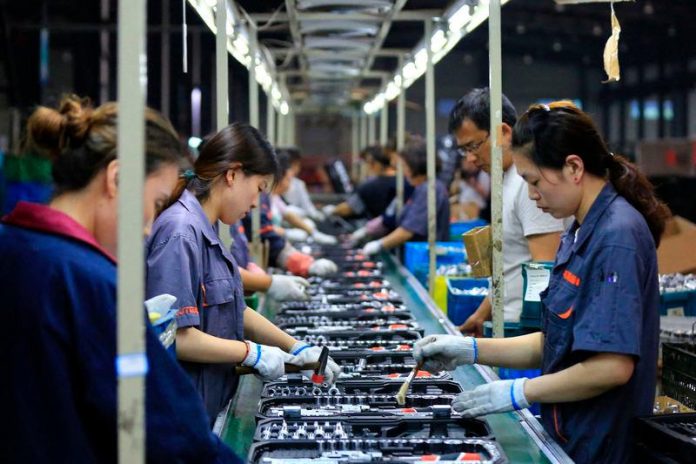PETALING JAYA: Malaysia risks long-term damage to its global trade standing if it fails to respond decisively to claims that Chinese goods are being relabelled as Malaysian-made to circumvent steep United States tariffs, experts warn.
Universiti Kebangsaan Malaysia international trade and investment expert Dr Muhammad Faliq Abd Razak said even the perception of complicity could erode the nation’s credibility as a rules-based trading hub.
“Malaysia has worked hard to build a reputation for transparency. We cannot let that be undermined by inaction.”
His warning follows a Bloomberg report alleging that some China-based freight brokers are rerouting goods through Malaysia and falsely declaring them as locally produced to benefit from Malaysia’s lower tariff rate of 24%.
In contrast, recently imposed US tariffs on Chinese goods can soar to 145%.
“This isn’t just about illicit trade. It’s about the integrity of Malaysia’s economic ecosystem and the industries that play by the rules, especially in high-stakes sectors such as steel, electronics and semiconductors.”
Muhammad Faliq warned that legitimate Malaysian exporters could face heightened scrutiny, reputational fallout and potential market access loss if authorities fail to act swiftly.
“Malaysia’s position in trade frameworks like the World Trade Organisation (WTO), Regional Comprehensive Economic Partnership and Comprehensive and Progressive Agreement for Trans-Pacific Partnership could be at risk.
“We can’t allow opportunistic brokers exploiting regulatory loopholes to tarnish the reputation of honest exporters.”
To protect Malaysia’s trade integrity, he urged stricter enforcement via tighter Customs surveillance, digital cargo verification tools and tougher penalties for trade fraud.
While acknowledging the risks, Universiti Utara Malaysia Asian Institute of International Affairs and Diplomacy associate professor Dr Bakri Mat said the issue must be handled carefully.
“This must be viewed through the lens of the broader geopolitical climate. The current situation stems from the US unilaterally imposing steep tariffs, arguably against the spirit of the WTO, which aims to reduce trade barriers.
“Such actions create global uncertainty, often resulting in unintended consequences like abuse of the trade identities of third countries.”
He cautioned that foreign media narratives on transshipment could be shaped by national agendas, and Malaysia must avoid knee-jerk reactions.
“We must take these allegations seriously but each claim must be investigated thoroughly and transparently.
“Malaysia’s commitments under WTO and Asean Free Trade Area reflect our adherence to fair trade.”
However, Bakri said Malaysia must urgently fortify its trade defences to prevent further misuse of its export identity.
“We need to tighten ‘Rules of Origin’ verification and ramp up Customs audits.
“Malaysia’s risk-based audit system under the Compliance Verification Audit Programme is in place, but enforcement must be more aggressive, especially when sudden or unusual trade patterns emerge.”
He added that platforms like the Special Task Force to Facilitate Business and Customs Mutual Assistance Agreements could strengthen both domestic and cross-border enforcement.
Bakri also warned that unchecked abuse of Malaysia’s trade label could undermine its strategic appeal as a neutral and reliable trade hub in Southeast Asia.
“Our neutrality and appeal are rooted in institutional credibility. What threatens that isn’t a single act of misconduct, it’s how we respond. Transparency and consistency are key to preserving our status.”
The surge in transshipment allegations comes amid renewed US-China trade tensions. US President Donald Trump recently reimposed heavy tariffs on a wide array of Chinese imports.
In 2024, US imports from China totalled US$438.9 billion.
theSun contacted Customs authorities for comment but had yet to receive a response at press time.








